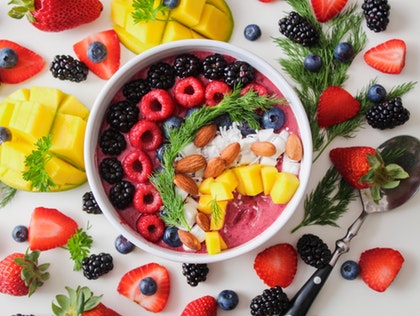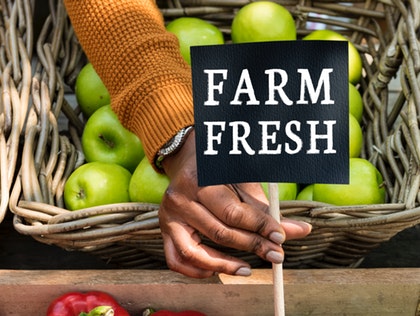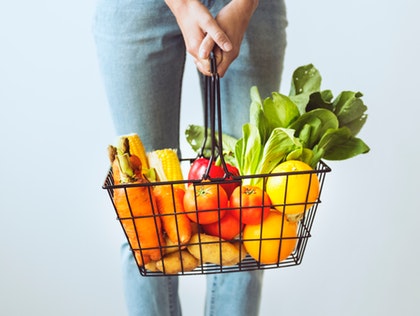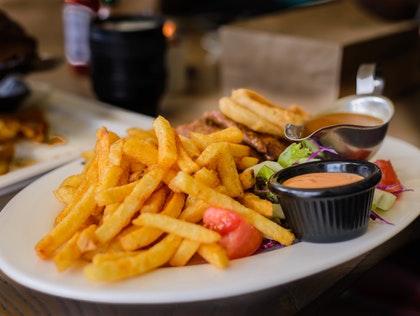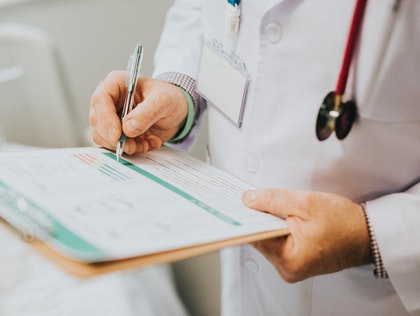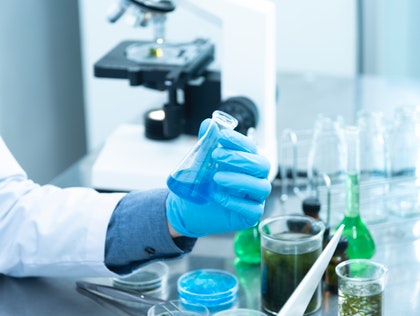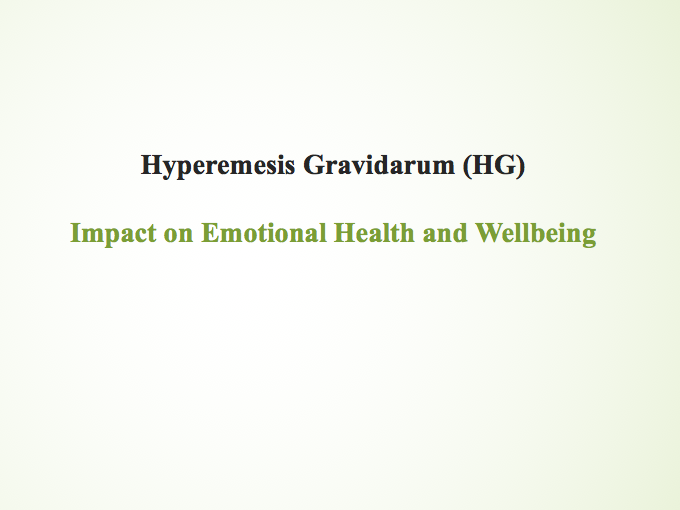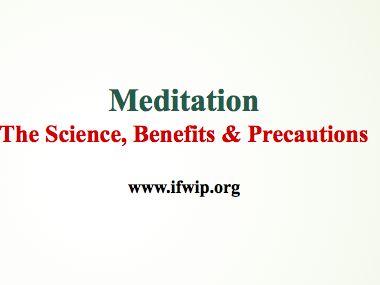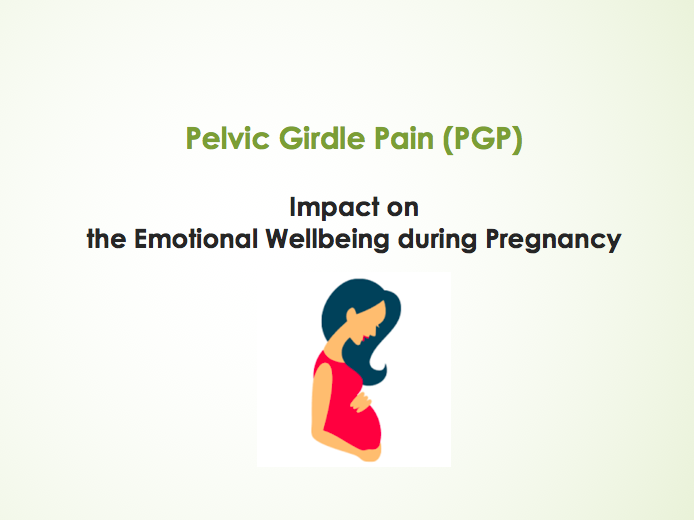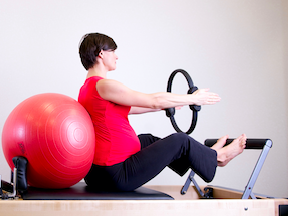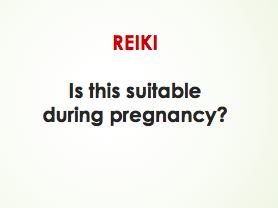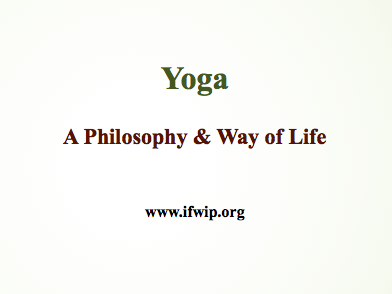A nutritious balanced diet is a cornerstone of having a healthy pregnancy.
Good knowledge and practice of healthy eating can ensure that all the nutritional requirements are met, adequate growth of the baby and physical and mental wellbeing.
It prevents excess weight gain (and related medical complications) and nutritional deficiency .
It is also important to be aware of the food, beverages and nutritional supplements to avoid or restrict during pregnancy to prevent toxicity of vitamins (such as vitamin A in supplements) and heavy metals (such as mercury in some fish and seafood).
Basic knowledge and practice of good hand and food hygiene can prevent foodborne infections (listeria, salmonella and toxoplasma) that can harm the pregnant woman, baby or both.
Nutritional requirements can vary during pregnancy among individuals.
Interest in consuming organic food is on rising. Is this more beneficial during pregnancy compared to conventional food?
Can vegan/ other vegetarian diet meet higher nutritional demands in pregnancy?
Certain food can cause maternal illness and/ or affect the fetus.
Avoiding junk and processed foods during pregnancy can be beneficial in many ways.
Do you know if there is any safe amount to drink tea and coffee while you are pregnant?
Learn about some important facts about taking common nutritional supplements during pregnancy.
Listeriosis during pregnancy is rare but can lead to complication both to the mother and baby.
Food hygiene is important to prevent foodborne infections such as Salmonellosis.


